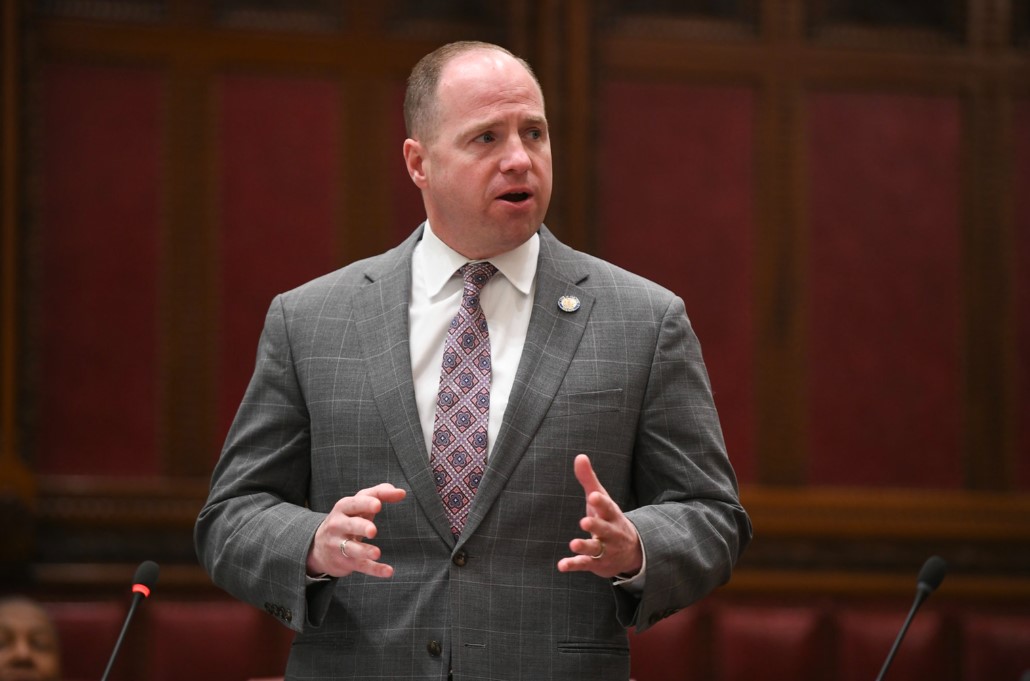World leaders and experts will gather on Wednesday at the annual World Economic Forum (WEF) in Davos, Switzerland, to discuss "Disease X" and the threats that another pandemic could pose.
Tedros Adhanom Ghebreyesus, director-general of the World Health Organization (WHO), will be joined by policymakers and members of the health industry to consider how to prepare for the emergence of an unknown pathogen.
Michel Demaré, chair of the board of pharmaceutical giant AstraZeneca, Brazilian health minister Nisia Trindade Lima and two other executives will also be on the panel, as will Shyam Bishen, a New York-based healthcare executive and member of the WEF's executive committee.
He told CNBC on Monday that the forum had calculated that preparing the global health system for another pandemic would require "close to a trillion dollars," describing the topic as a "big question."

Newsweek approached the WHO via email for comment on Tuesday.
The WEF said that a so-called "Disease X" emerging into the human population "could result in 20 times more fatalities than the coronavirus pandemic."
Nearly 7 million people have died worldwide with COVID-19, nearly 1.2 million of them in the United States.
"Disease X" was first mooted by the WHO, in a review of pathogens considered a priority for research to inform public health planning, as a placeholder name for an as-yet unknown virus that could infect humans. As such, it does not represent a particular disease but another pandemic-causing virus that could emerge and should be planned for.
At the time, Anthony Fauci, the chief medical adviser to the president, who would go on to be the face of the government's response to the COVID pandemic, told CNN the name represented the fact that "more often than not, the thing that is going to hit us is something that we did not anticipate."
He added that it would allow for research to be conducted into entire classes of viruses from which a novel pathogen could emerge, rather than individual ones like Ebola or Zika.
When the coronavirus pandemic first took hold, some scientists suggested that COVID-19 should be considered the first Disease X. In February 2020, Marion Koopmans, a Dutch virologist and an adviser to the WHO, wrote in journal Cell that the then-novel virus was "rapidly becoming the first true pandemic challenge that fits the disease X category."
COVID-19 emerged from a family of coronaviruses that were already known and had previously crossed the species barrier into humans, as in the SARS epidemic.
In August, Koopmans wrote that the function of the Disease X placeholder was to help researchers assess what viruses were most likely to cause a deadly spillover into humans, and to allow policymakers to prepare accordingly for such scenarios.
Uncommon Knowledge
Newsweek is committed to challenging conventional wisdom and finding connections in the search for common ground.
Newsweek is committed to challenging conventional wisdom and finding connections in the search for common ground.
About the writer
Aleks Phillips is a Newsweek U.S. News Reporter based in London. His focus is on U.S. politics and the environment. ... Read more
To read how Newsweek uses AI as a newsroom tool, Click here.








